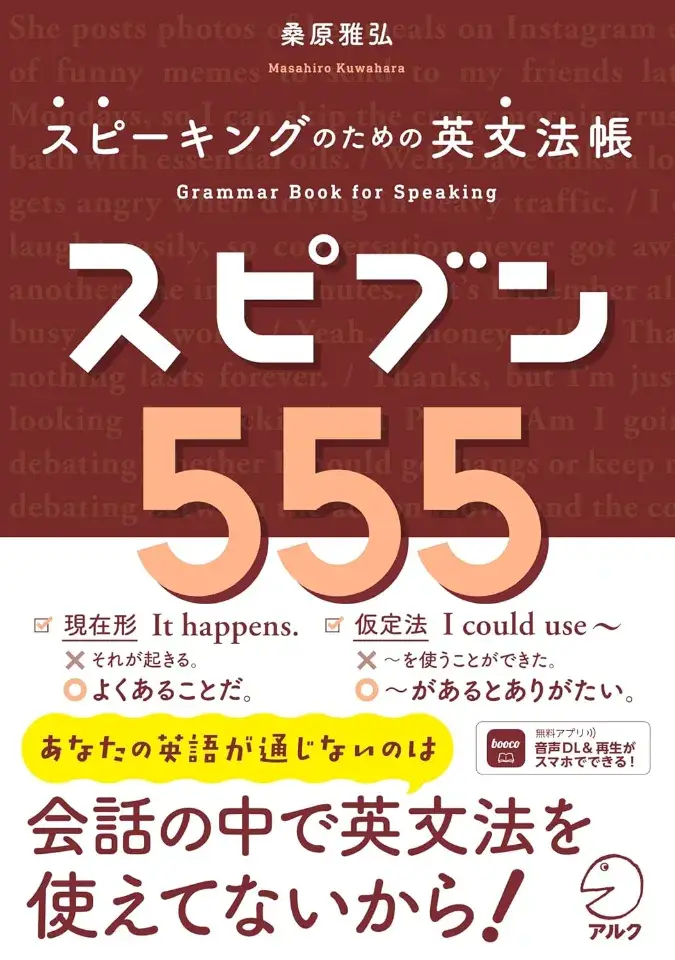
In Japanese, the kanji 心 (kokoro) means “heart” or “mind.” It appears in many everyday words, from love to laziness. In this article, you’ll discover 10 emotion-related kanji that include kokoro — and what they reveal about how Japanese people express their feelings.
This article is based on a video by Fun Fun Nihongo, our Japanese learning content series.
Ten Japanese Words With 心 (Kokoro)
Kanji often combine different elements, and 心 is one of the most expressive. These words all carry emotions, thoughts or intentions — and you’ll see how deeply the heart is tied to Japanese vocabulary.
1. 恋する (koi suru)
to fall in love
This word means romantic love — when your kokoro is full of feelings for someone else!
2. 感じる (kanjiru)
to feel
Physical or emotional — this verb covers all the senses of feeling.
3. 思う (omou)
to think
Your thoughts come from the kokoro — not just the brain!
4. 怒る (okoru)
to get angry
When your heart gets heated up — watch out!
5. 悲しむ (kanashimu)
to grieve
Sadness is also a part of the heart in Japanese.
6. 惑う (madou)
to be confused
A heart that’s lost — this kanji shows inner doubt or hesitation.
7. 忍ぶ (shinobu)
to endure
A deep, quiet strength. This word is about bearing pain with heart.
8. 志す (kokorozasu)
to aspire
Literally “to set your heart on something.” It means to aim or pursue a goal.
9. 忘れる (wasureru)
to forget
Even the act of forgetting is tied to the heart in Japanese — as if a memory has slipped from the kokoro.
10. 怠ける (namakeru)
to be lazy
When the heart is feeling unmotivated. This kanji says it all!
Quick Tip
Many kanji reveal how people connect the heart with emotions, goals and even confusion. When you see 心 hidden inside a character, it often means there’s a deeper emotional layer. Want to sound more fluent in Japanese? Try spotting these patterns in new words!
Follow Us on Social Media
Want more fun Japanese learning content? We post weekly videos, quizzes and cultural tips across multiple platforms!






